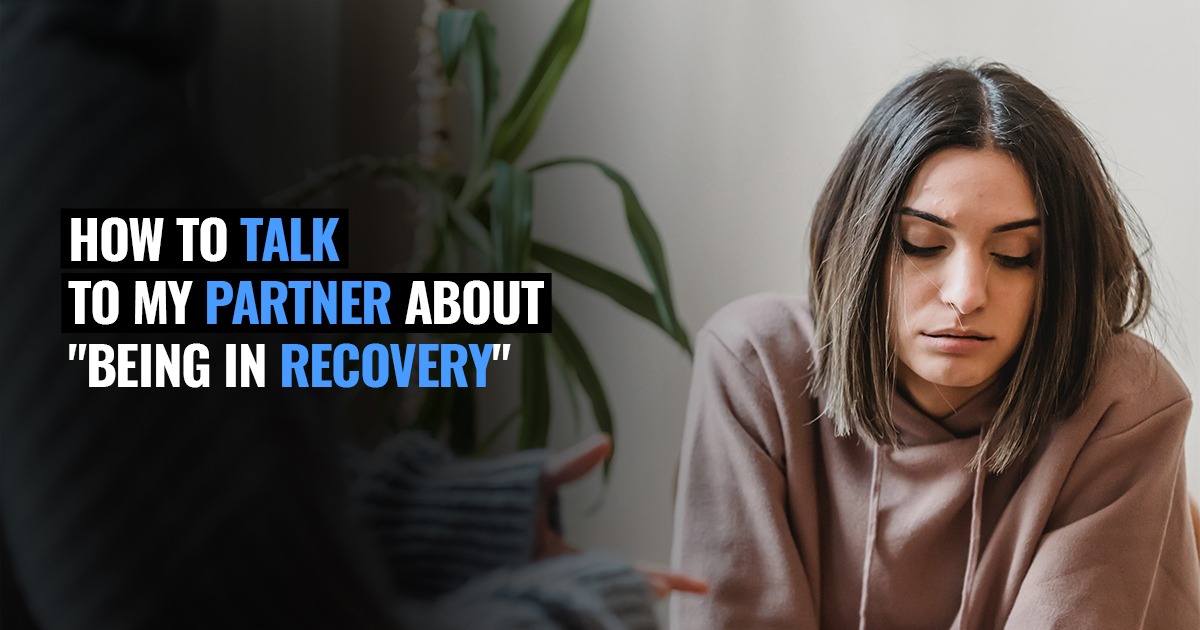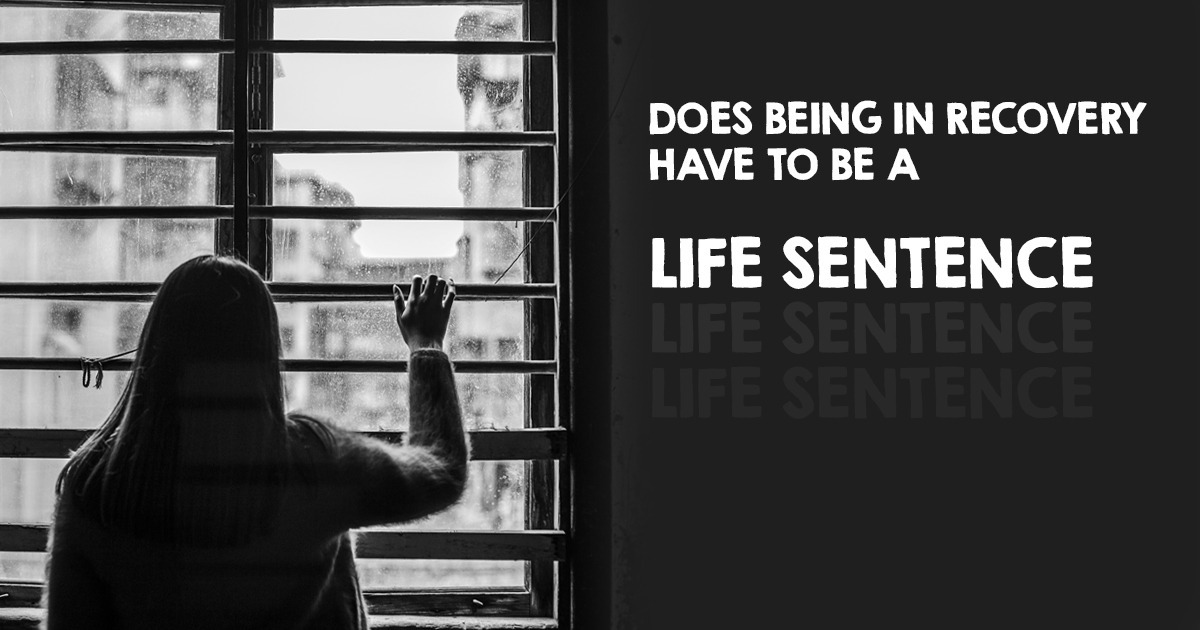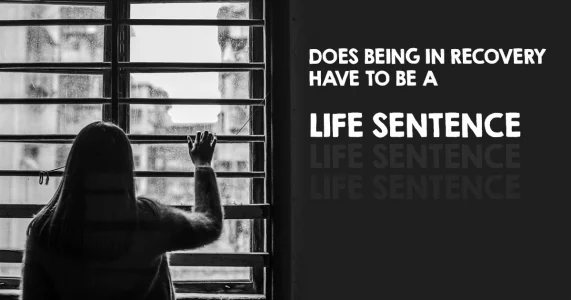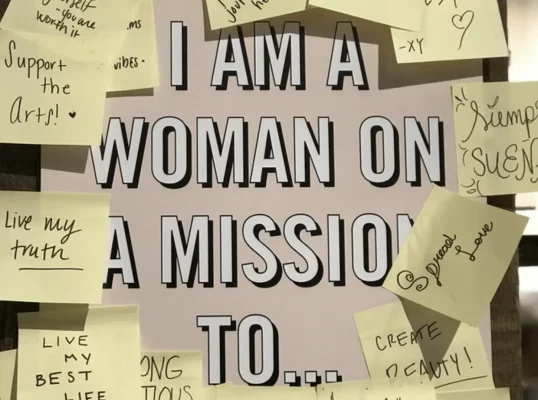
It’s a huge accomplishment when you’re in recovery from addiction, also known as a substance use disorder. However, being in recovery can also mean talking to other people about what this means for you.
As far as being a woman who’s recovering, you may have to speak to current or future partners about it, and someday you may have to explain it to your children, perhaps in more detail than you have so far.
If you’re thinking about treatment or you’re in the very early days of your healing, talking about it can seem overwhelming. Still, the recovery process is something to be proud of.
What Does Being In Recovery Mean?
What does it mean to be in recovery from addiction?
Recovery can mean different things to different people. In technical terms, being in recovery is a process where you aren’t just sober from drugs and alcohol, although this is important.
Long-term recovery is also an ongoing, evolving process. You are improving yourself physically, spiritually, emotionally, and socially. You are recovering from the many complex ways addiction and substance use affect you.
- According to the National Institute on Drug Abuse, the definition of recovery is a process of change through which you improve your health and wellness.
- The organization says that you’re working to achieve your full potential and live a self-directed life when you’re in recovery.
- Even people with severe, long-term substance use disorders can overcome the illness and regain social function and health.
- Sometimes, we call addiction recovery being in remission. The idea is similar to other chronic disorders such as diabetes. While there may not be a cure for diabetes, the symptoms can be under control, and you can be in remission. The same is true of addiction.
Another way to look at recovery is that you’re able to deal with stress and negative or uncomfortable feelings without the use of substances, contribute to society, your family, and the world around you and maintain a positive quality of life.
There are many different ways you can achieve recovery. For example, there are care systems such as rehab, outpatient care, coaching, and housing.
There are also support services to stay connected with resources that help you maintain and strengthen your recovery over time.
- The Substance Abuse and Mental Health Services Commission (SAMHSA) describes recovery similarly to the National Institute on Drug Abuse.
- SAMHSA also goes further and outlines four elements that support recovery.
- These include health, meaning that when you’re in recovery, you manage your disease or symptoms and make informed decisions to support physical and emotional health.
- According to SAMHSA, having a stable home is a dimension of recovery, and so is having a purpose. By purpose, you have meaningful activities in your daily life that foster independence and income.
- In this model, the fourth component of recovery is the community, meaning you have a social support network that provides you with love and hope. Your community can come in different forms. It could be your family or perhaps the people you meet in a 12-step program during your recovery from alcohol or drugs. Your community could be social networks you connect with online or through your treatment program.
While we have some general frameworks for defining what it means to be recovering, it’s still very personal to you and an ongoing process following active addiction.
Not everyone who struggles with addiction experiences problems with the law, but the idea of criminal rehabilitation can often share similarities to drug rehabilitation. For example, criminal rehabilitation aims to help people re-enter society in a meaningful way, according to the Mental Health Services Administration.
How To Talk About Being in Recovery
Being in recovery from an alcohol use disorder or drug addiction means that there will be times when you have to explain to someone your situation.
The following are tips that can help you as you approach the conversation about your recovery program from a drug or alcohol use disorder:
- Be yourself when you’re telling anyone about being in recovery. Being a woman in recovery or anyone in recovery for that matter is about honesty and authenticity—these are things that are the exact opposite of what you likely conveyed while you were in active addiction to alcohol or drugs.
- You should be proud of where you are and don’t hold back being truthful because you’re worried someone can’t handle it. If you think someone can’t take the honesty of your situation and recovery, then perhaps they aren’t someone to have a relationship with. Remember that authenticity is a big part of how you heal.
- While you should be honest when you’re ready to talk to someone about your recovery, that doesn’t mean everyone has the right to hear your story. If you don’t want to tell someone, you’re under no obligation to. You are in control of who you tell and what you tell them about your life. When you’re in recovery, you learn how important protecting your energy and boundaries are.
- Make sure that you’re ready to share. It’s okay if you’re not, and you’ll get there eventually.
- Prepare to get some questions. You might feel a little overwhelmed by questions, but it is normal to learn more about the situation if someone cares about you.

Talking About Recovery in Dating
While the above are tips that can help you talk about recovery in any situation, what about dating?
If you’re in recovery and venturing into the dating world, it can be tricky to know what to share and when to do it.
Again, like so much of your recovery, that’s a personal decision.
- Some people like to disclose it upfront. There are benefits to that.
- For example, if you’re connecting with people online, you might want to clarify that you’re only interested in dating sober people or people who are comfortable with your recovery.
- If you meet someone out and about, it can be a little different because you’re not going to know their views on drinking or substance use immediately. They’re not going to instantly realize you’re in the process of recovery or perhaps have mental health disorders.
- In these instances, you may prefer to be upfront or keep your recovery to yourself until you feel comfortable sharing it.
Again, when you decide to share, you need to be honest. Don’t feel shame about anything that happened before.
- You don’t have to share everything right away, but when you do have conversations, they should come from a place of truthfulness.
- If you want to change your plans to avoid being around drugs or alcohol, don’t feel like you have to make excuses, and don’t apologize for being in recovery.
- Be yourself, follow your instincts and remember that safeguarding yourself and your recovery are your biggest priorities, particularly early on.
If you have co-occurring disorders that were part of your addiction, such as mental disorders like depression, you’ll also have to decide how you want to share more details about those. There isn’t a correct answer or timeline that works for everyone. We’re all individuals in the process of recovery.
Addiction Treatment and Recovery Options
You may look forward to a time when you can say you’re recovering, but perhaps you aren’t there yet. If that’s the case, we encourage you to contact Anchored Tides Recovery by calling 866-600-7709 to learn more about addiction treatment.
We can share more information about treatment for alcohol addiction or illicit drug addiction, a recovery plan, and the stages of recovery. Our goal for everyone we work with is to help them create productive lives they’re proud of and fulfilled with evidence-based substance use disorder treatment.








































